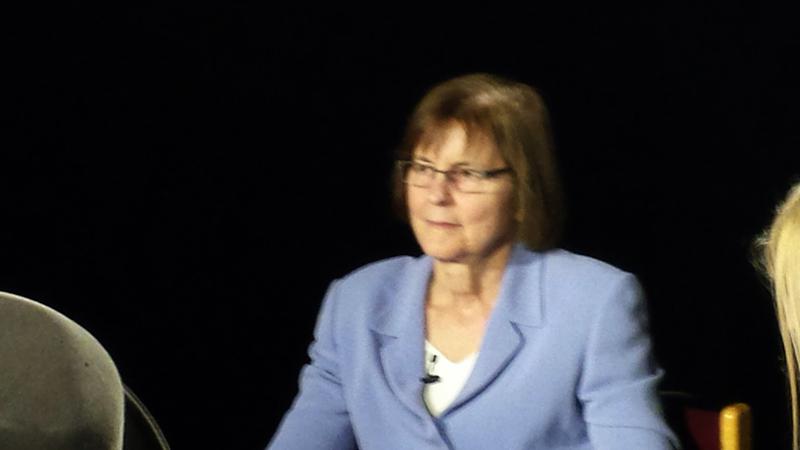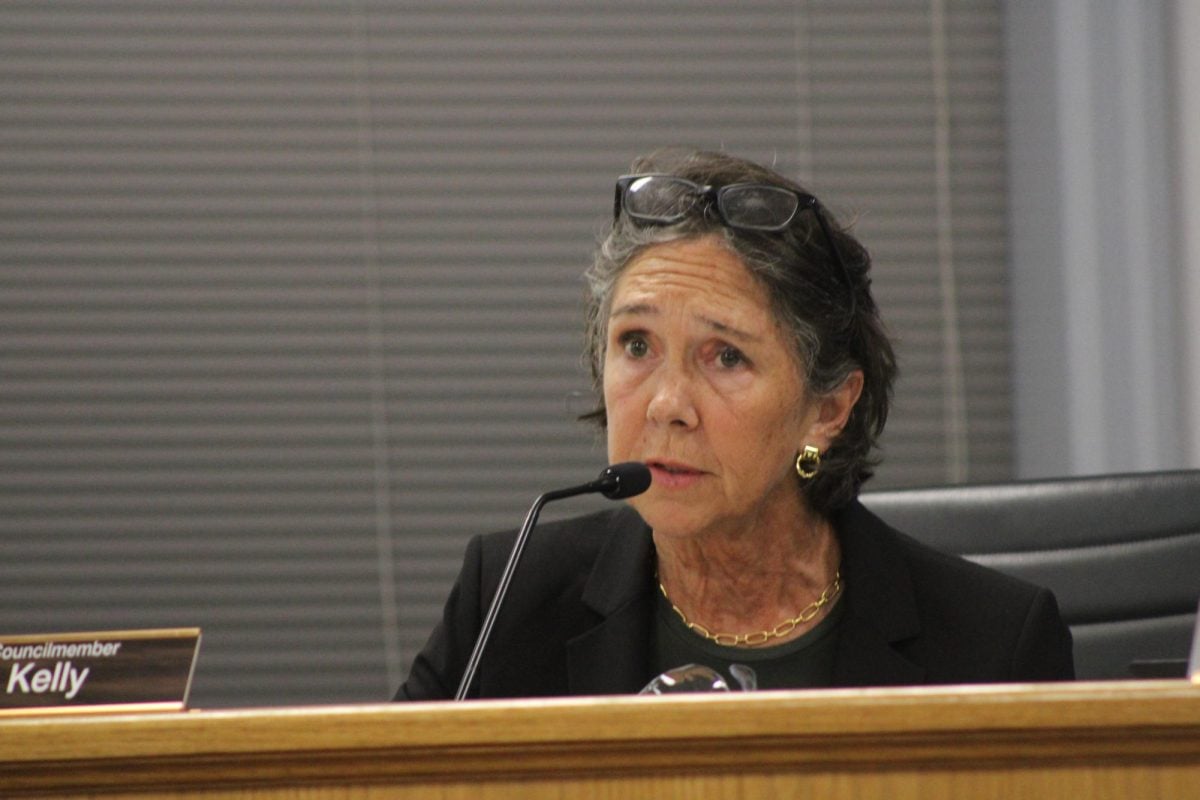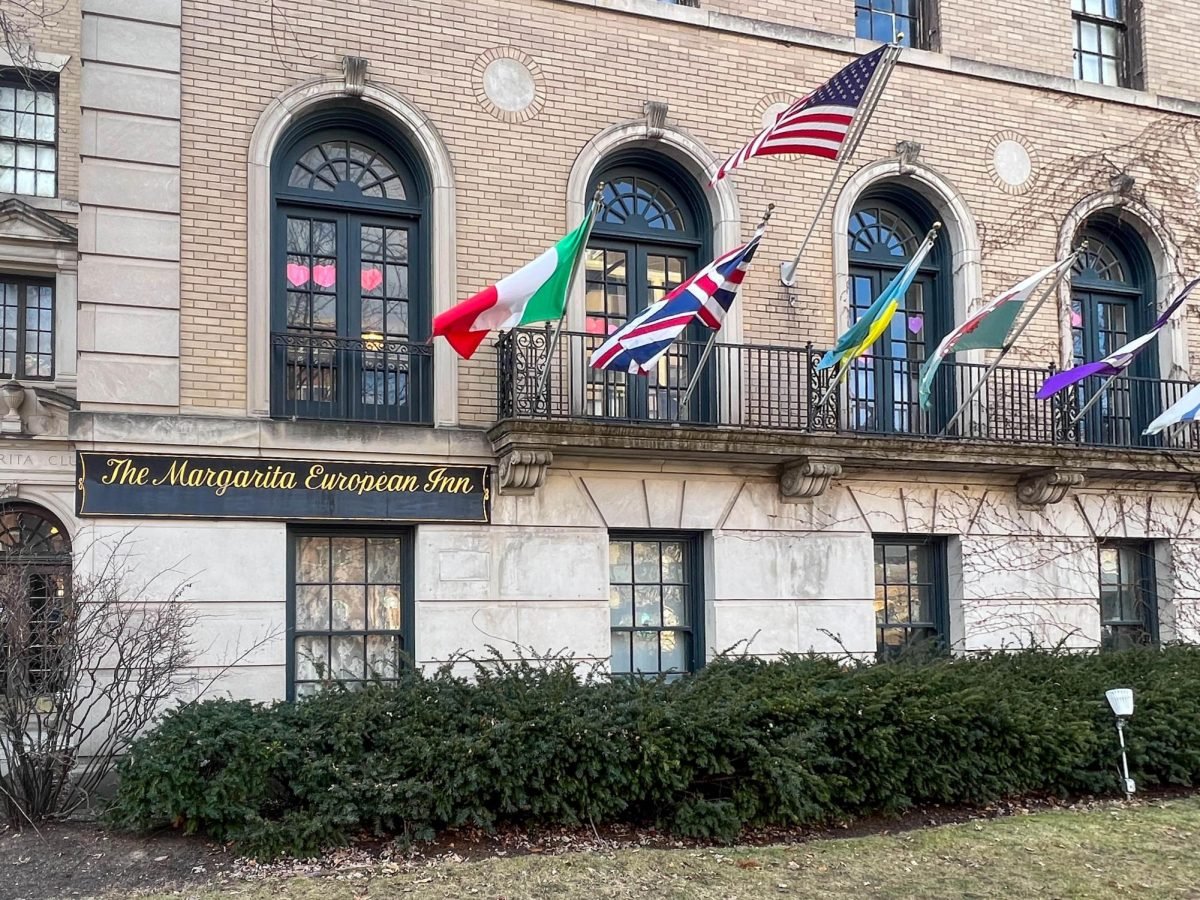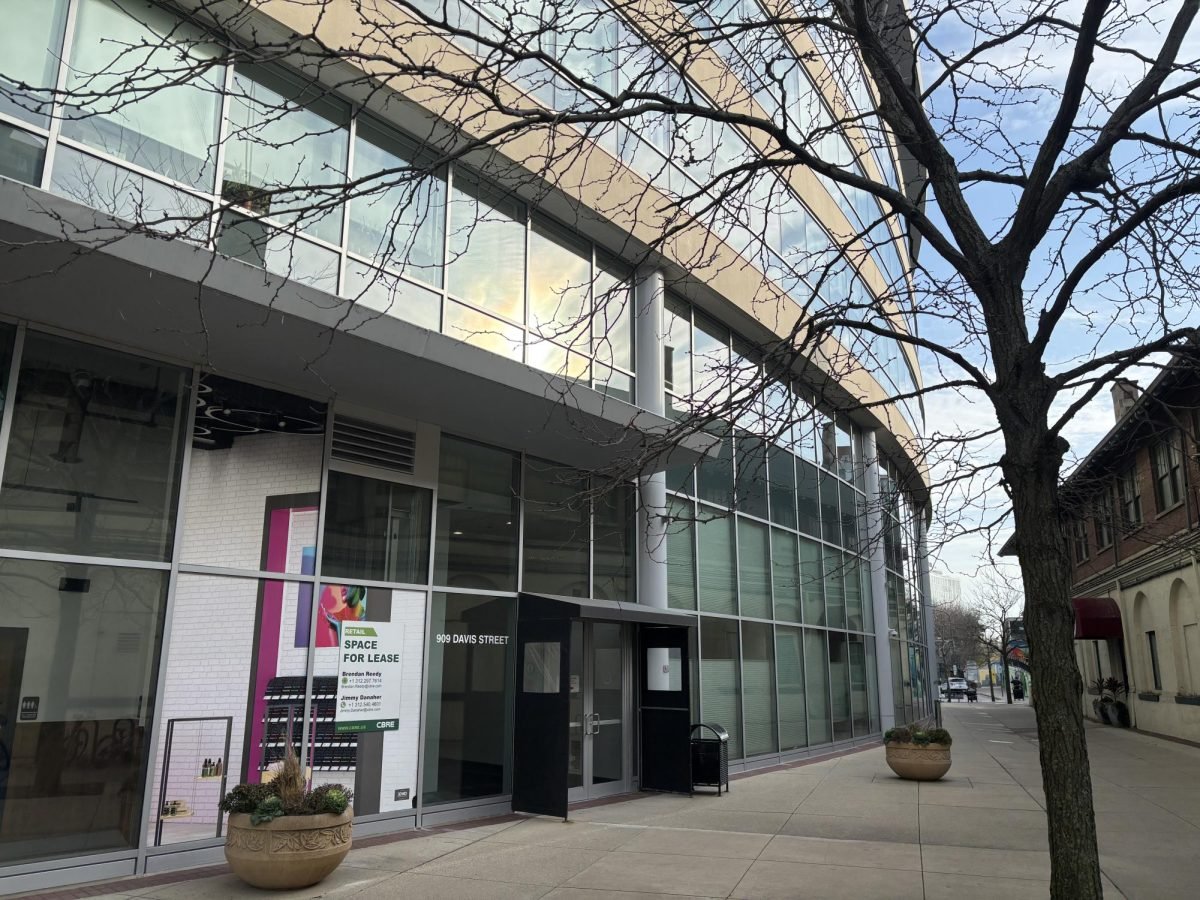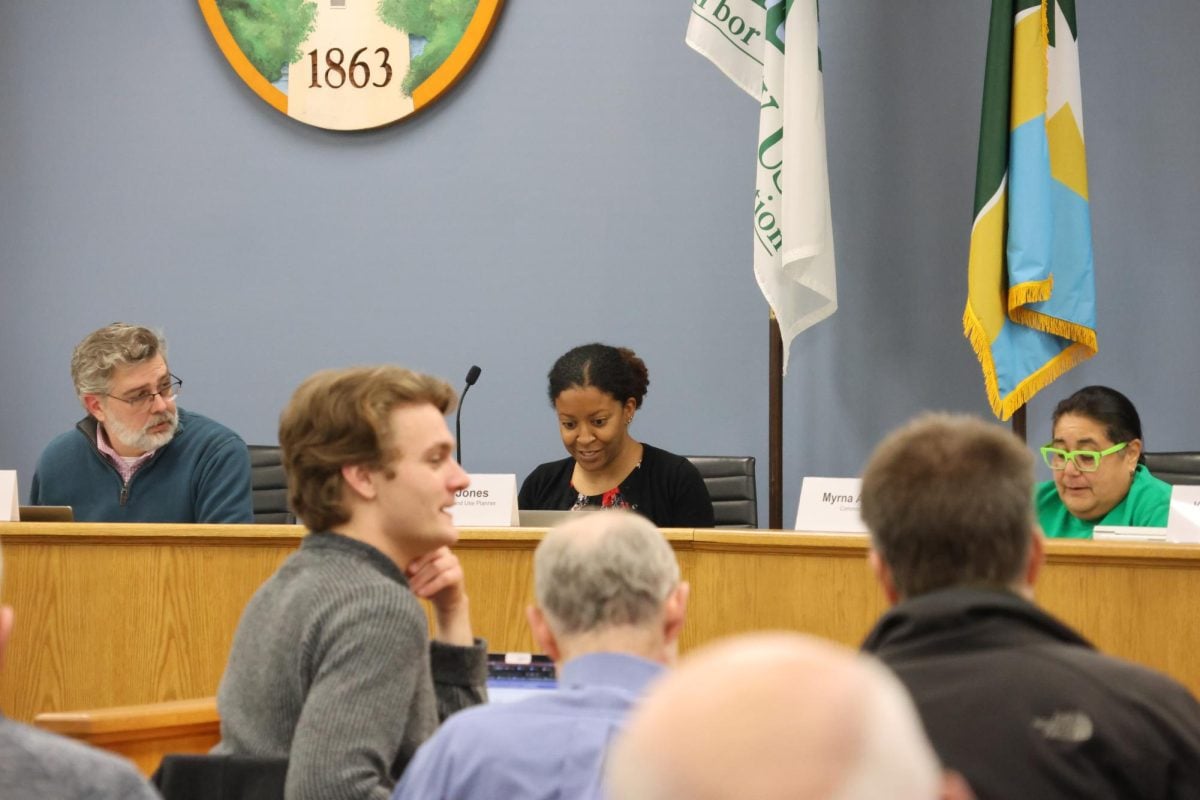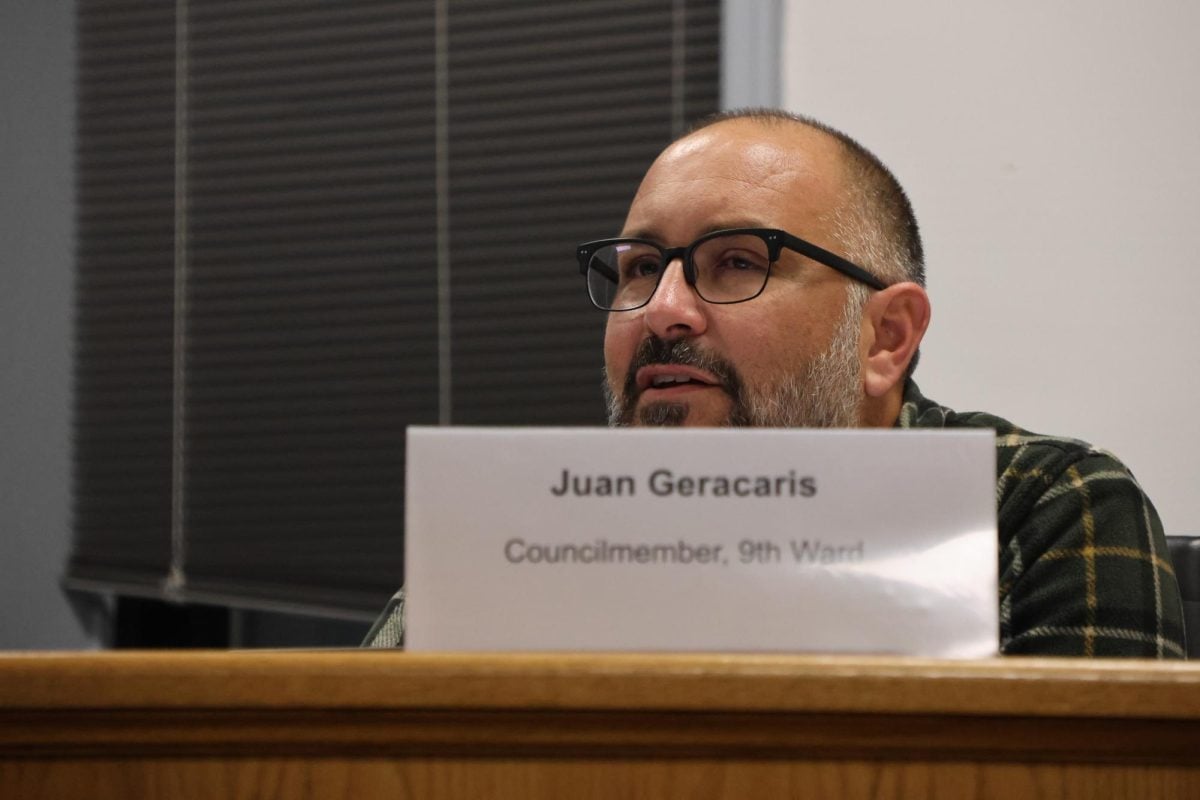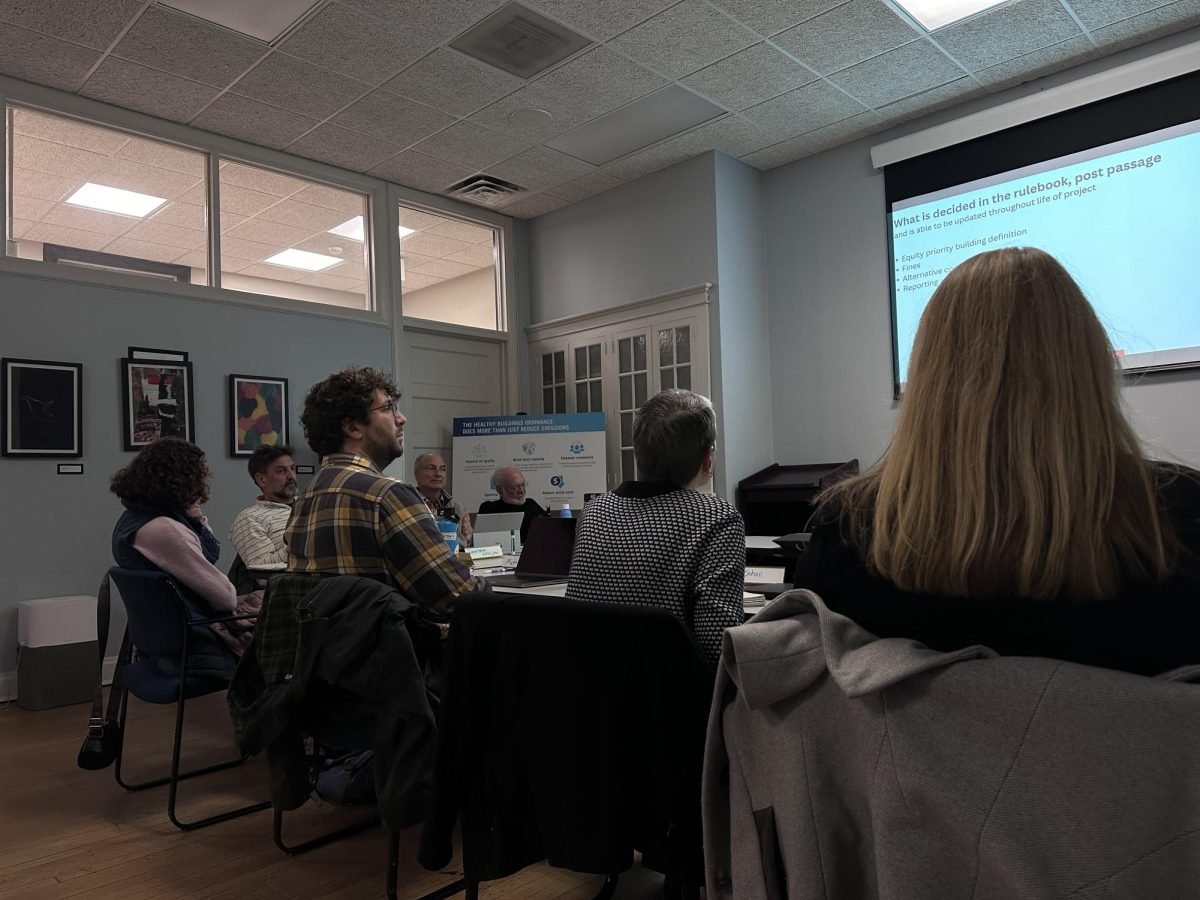Evanston Mayor Elizabeth Tisdahl said Wednesday evening that town-gown relations are better than they have ever been, crediting University President Morton Schapiro with helping turn around the historically contentious relationship between the city and Northwestern.
“The good news about Northwestern is that we have a better relationship,” she said. “President Schapiro is a terrific president, and he is much more an advocate for the community. … He genuinely believes that a great university needs a great town.”
For the next step in improving the city’s bond with NU, Tisdahl floated the idea of an “Evanston-Northwestern plan that incorporates best practices in town-gown relations.” Despite her optimism, Tisdahl said NU could always do more to give back to the city, whether it employs more residents or makes up for its tax-exempt status with other forms of financial support.
The mayor’s comments on the city-University relationship came during a wide-ranging interview with The Daily and other Evanston journalists on the TV show “The Reporters.” It is expected to be released in full Saturday through Evanston Community Television .
In addition to town-gown relations, Tisdahl addressed the proposed expansion of the so-called “Safe School Zone” around Evanston Township High School, violent crime in the city and her evolving role as mayor.
‘Safe routes’
Having served on the ETHS board from 1989 to 2001, Tisdahl told the reporters she has “strong views” about student safety. An intergovernmental agreement between the city and D202 would charge anyone who has been told to stay out of the Safe School Zone with criminal trespassing if they try to reenter it, including expelled and suspended students.
In June, the D202 board voted unanimously to work with the city to extend the zone to across the street from ETHS, but the proposal has not yet reached City Council over civil rights concerns raised by some aldermen on the Human Services Committee.
“I think that the idea of … arresting a kid for standing on a public sidewalk and not moving on when the police officer asked them to move on would be a mistake,” Tisdahl said. “I think we’re working hard to have our police department have a better relationship with the community, and that would not help.”
Instead, Tisdahl suggested seeking a Cook County grant to install cameras on Church Street and Dodge Avenue, establishing “safe routes” for students traveling to and from ETHS. The mayor said her youth council supports the idea, though she stressed she would not move ahead with it before consulting every member of the ETHS community.
“You can’t just go into somebody’s neighborhood and say, ‘I know better than you. This is what is good for you and this is what we’re going to do,'” Tisdahl told the reporters. “Democracy doesn’t work that way, and Evanston, Illinois, surely doesn’t work that way.”
More jobs, less crime
Almost a year after a rash of gun violence claimed three young lives in Evanston, Tisdahl said the city could still be doing more to provide job opportunities for at-risk youth.
“We have produced some results that are good, and we’re not where we want to be from my perspective,” she told the reporters.
Tisdahl noted the Mayor’s Summer Youth Employment Program served about 340 young people this year, up more than 100 from last year’s count. The program hopes to attract more than 500 participants next year, she said.
Despite the program’s progress, Tisdahl acknowledged gun violence remains an issue in the city, with three shooting deaths so far this year. Cardereon Preister, 21, was shot to death last month outside his home near ETHS. An Evanston teen was charged about two weeks later with killing Preister in retaliation for a botched deal involving drugs, money and a gun over the summer.
Tisdahl singled out the fatal shootings of Azim and Mobeen Hakeem as “completely inexplicable.” The Evanston brothers were killed inside their downtown tobacco shop in July, and their family says it is frustrated with the lack of public developments in the case.
However, Tisdahl reiterated her confidence in city police, saying they are doing a “very, very good job” working to get to the bottom of the brothers’ deaths.
Full-time mayor
Tisdahl also discussed how her job description has changed since she was elected to the part-time position in 2009, starting with having to advocate more than ever for Evanston in Springfield and Washington, D.C. She listed several efforts within the past few years to bring state and federal dollars to the city, including an $18 million grant for affordable housing and a federally qualified health center that will soon move into a permanent location on Hartrey Avenue.
“The mayor’s job has changed as economics have changed,” Tisdahl said. “I’ve certainly had to go knocking on doors — the federal government and the state government — asking for help for the city.”
Asked what she thought of the idea of a full-time mayor in Evanston, Tisdahl laughed.
“I think I am,” she replied.
Email: [email protected]
Twitter: @PatrickSvitek
